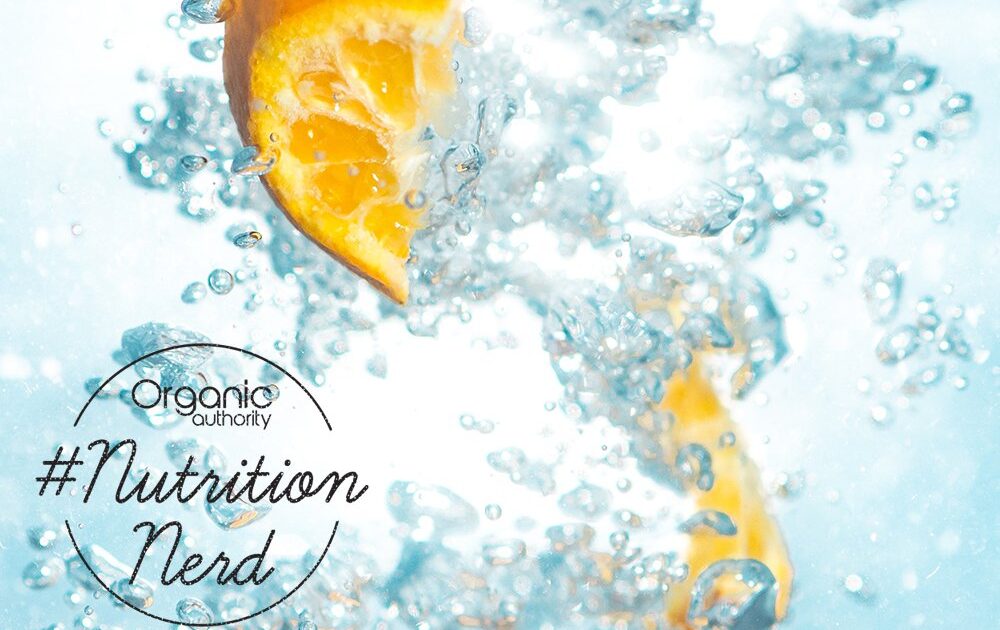What Type of Water Should You Really Be Drinking?
Thirsty?

Water makes up 60 percent of your body. Every cell, tissue, muscle, and system requires water to run effectively which is why you should drink between eight and ten glasses of water daily. When you’re putting something in your body that often, quality matters. But yet even though we pay a lot of attention to what we eat and drink, we often don’t know as much as we should about the water we’re drinking. This guide should help.
Reverse Osmosis
Reverse osmosis water uses the process of osmosis in reverse to remove contaminants that are in drinking water. It works by using energy to push water through a semi-permeable membrane that removes chemical contaminants and pesticides as well as sodium, chloride, copper, chromium, lead, arsenic, fluoride, radium, sulfate, calcium, magnesium, potassium, nitrate, and phosphorous as well as pharmaceutical drugs that may end up in our water system. Reverse osmosis has also been shown to remove estrogen which ends up in the water supply due to birth control.
“Reverse osmosis water is water that has been filtered of practically all impurities. It is so pure that it can in fact be cooled past freezing without actually turning into ice,” says Dr. Leland Stillman, founder of live-healthy.com.
The downside of reverse osmosis is that all the minerals are removed from the water at the same time as the contaminants. That’s why some critics call it “dead water” because minerals like magnesium and calcium are important to human health. To compensate for the minerals that are removed, you can add in trace mineral drops specifically designed to be added to water. Though you can purchase home reverse osmosis filters, you can also bring containers to your local health foods and buy the water for less than a dollar a gallon, making it less of a financial investment.
Distilled Water
Distilled water is produced by boiling water and collecting the condensed steam and turning that back into water. Distilled water removes all chemicals, contaminants, and minerals from the water like reverse osmosis, but many complain that it tastes flat compared to tap water or other types of water. And just like reverse osmosis, it takes the good with the bad, so all of the important minerals are removed along with those you don’t want. Critics claim that this could leach important minerals like calcium from your body. If you do drink distilled water, consider using the mineral drops listed above. Distilled water can be purchased inexpensively by bringing containers to the health food store and filling them up or by purchasing a home distiller.
Alkaline Water
Alkaline water has a higher pH than regular tap water which is why many claim that it can neutralize acid in the body and also provide more hydration. But alkaline water is controversial because there’s very little proof that it does either of these things.
“Alkaline water filters are, in my mind and in the opinions of most of my colleagues, a complete scam,” says Dr. Stillman.
There’s no evidence that drinking water with a higher pH can change pH in the body because the pH in the blood is highly regulated by the stomach, which neutralizes hydrochloric acid. A large review published in the 2016 edition of Journal of the International Society of Sports Nutrition found that alkaline water and an alkaline diet did not treat or prevent cancer. Alkaline water is also often sold in plastic water bottles which causes way more waste than it could ever be worth.
Spring Water
Spring water is as broad a term as the word natural. It means very little but yet it’s a compelling marketing term. While you may picture spring water coming from a remote mountain brook, that could be far from the truth. Some store-bought spring water is bottled and some aren’t filtered at all. One study done by NRDC found that the federal government hardly regulated bottled water, so it’s hard to know what you’re getting. In some cases, spring water does live up to its name. For example, you can locate a spring near you and then clean the water yourself. Here’s how.
“I try to find local spring water because it often contains beneficial elements like magnesium, potassium, and calcium,” says Dr. Stillman. “The bottom line is that water is meant to come out of the ground clean, and that’s how we’re supposed to drink it.”
There are pros and cons to each kind of water and it’s important to weigh them all. How does the water taste, (remember you’ll be drinking upwards of eight glasses daily). Are contaminants removed? What’s the cost? Does it leach minerals from your body? And then come to a conclusion that works for you and your family.
Related on Organic Authority
‘Raw Water’ Trend Has U.S. Doctors on Alert
All Tap Water in the United States is Contaminated: Here’s How to Sip Safe
7 Gnarly Chemicals Found in Your Drinking Water

